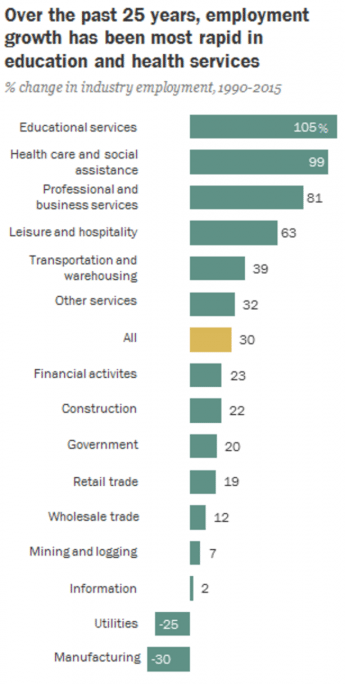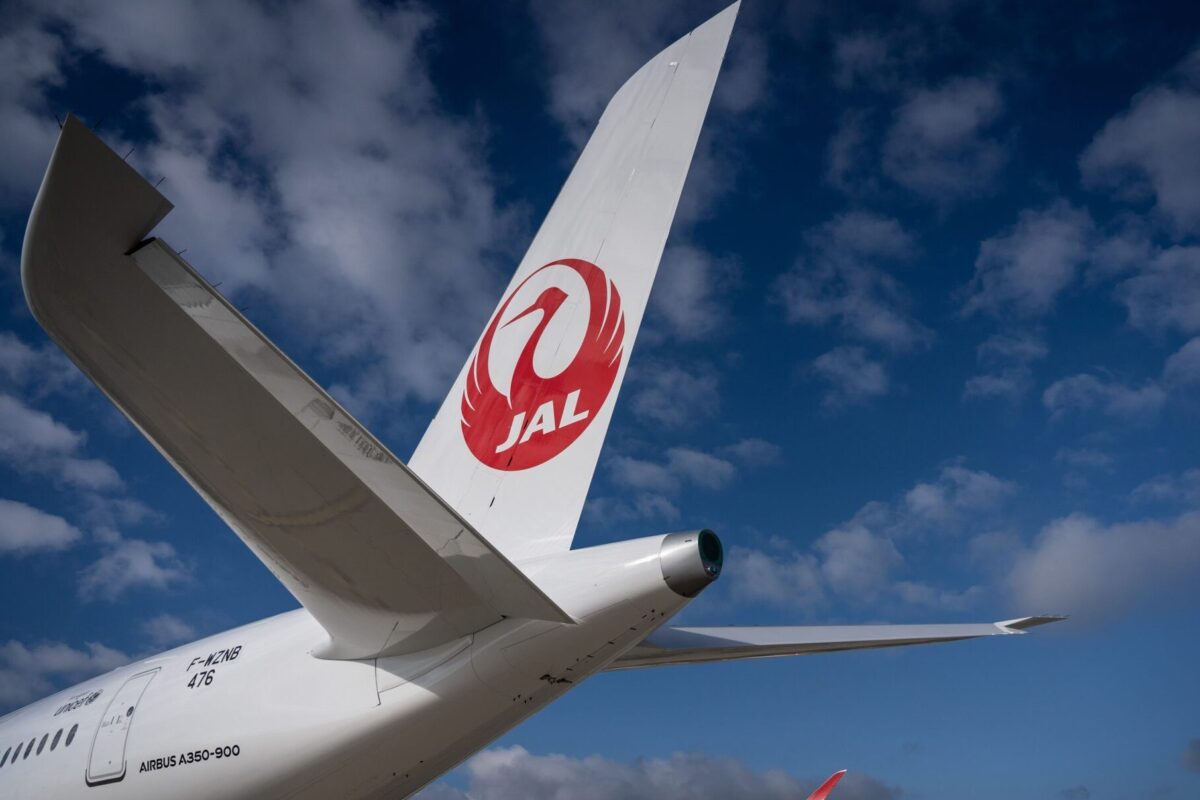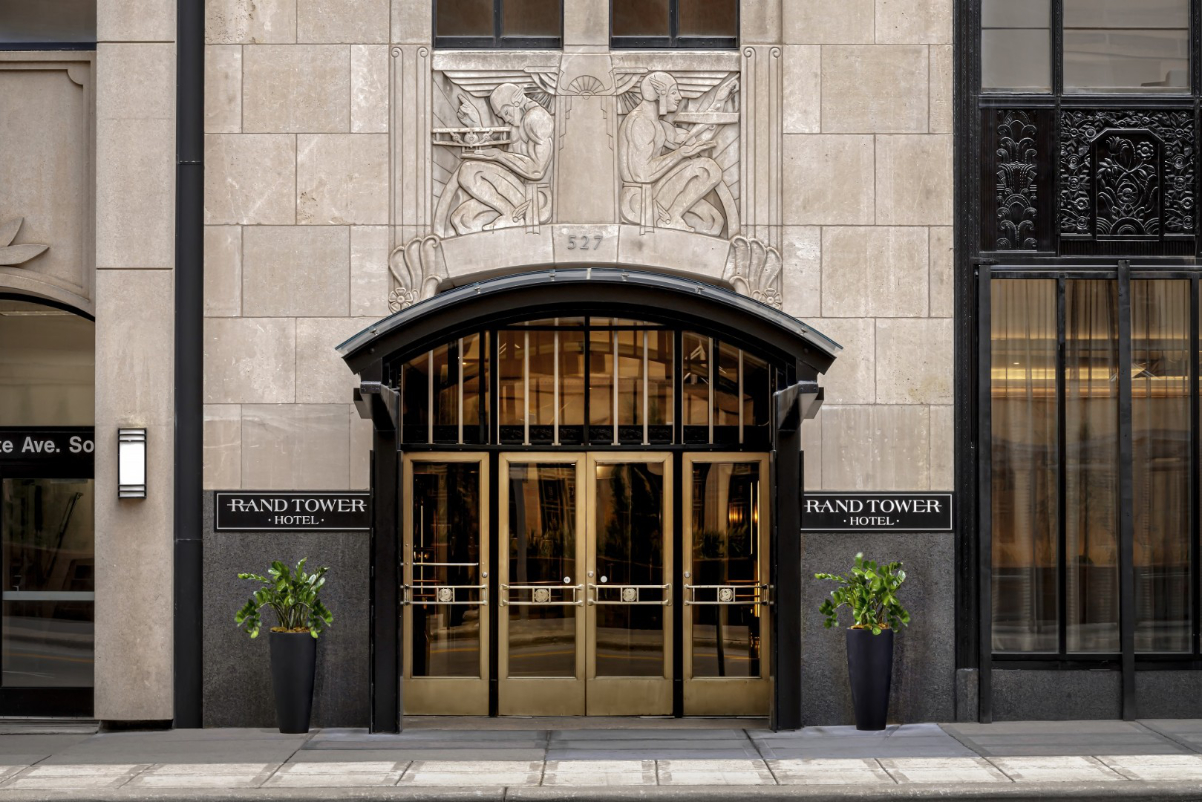Half of U.S. Hotel Employees Don’t See Education or Skills Training as Essential

Skift Take
Several hotel CEOs have trumpeted the value of education and training in teaching hospitality employees the skills they need to serve guests in the 21st century.
According to a new survey, however, it appears many U.S. hotel employees haven’t gotten that message.
Pew Research Center found some 47 percent of U.S. hospitality employees see training and skills development as “an essential part of their future work life.” The survey, conducted from May to June 2016, was a 5,000 person online sample of the U.S. adult population (3,100 were employed) and included hospitality employees.
That means more than half of U.S. hospitality employees don’t view formal education and professional development training as essential, according to the survey, with the rest indicating training and skills development is either important (but not essential) or not important.
Though Pew doesn’t specify the breakdown of positions that were surveyed, such as general managers or food and beverage staff, for example, and didn’t ask respondents if they plan to pursue college degrees or related professional development in the future. About 28 percent of hospitality respondents, however, said they’ve received training or taken a class within the past year.
But it’s clear there’s a major disconnect between hoteliers’ attitudes towards education and training and those of employees.
U.S. leisure and hospitality industry employment grew by 63 percent — which is above average — between 1990 and 2015, behind only education, health care and business services, according to the Pew Research Center and U.S. Bureau of Labor Statistics.Hospitality jobs were also one of the fastest growing sectors of the U.S. economy in June, for example.

Source: Pew Research Center and U.S. Bureau of Labor Statistics
Still, despite that growth, the talent gap within hospitality is widening. The U.S., along with countries like the UK, France and China, face losing billions of dollars and millions of travel industry jobs over the next decade because staff won’t have the necessary skills to best serve guests and grow their businesses, according to the World Travel & Tourism Council.
Only 10 percent of U.S. hospitality employees have a relevant degree, certificate or license, the survey found. “Those who work in the manufacturing and farm sectors and those who work in the hospitality industry are less likely than those who work in the education, trade or health care sectors to believe that mastering computer technology and having training in writing and communications are extremely important traits to bring to the job,” Pew’s analysis found.
The chart below, which includes all U.S. employee respondents from various industries, shows on-the-job experience is perceived as more important than formal education for improving critical thinking but formal education is more important for learning how to communicate.

Source: Pew Research Center
With the merger of Marriott and Starwood officially completed last month, creating the world’s largest hotel company, employees of both companies will likely need to learn new procedures, service standards and, of course, new technology.
Marriott CEO Arne Sorenson, speaking during Skift Global Forum in New York City last week, hinted at digital investments such as geolocation data, online concierges, more localized websites for key markets like China and mobile messaging between staff and guests as important initiatives.
Education and training will be important factors in making the most of these investments.




